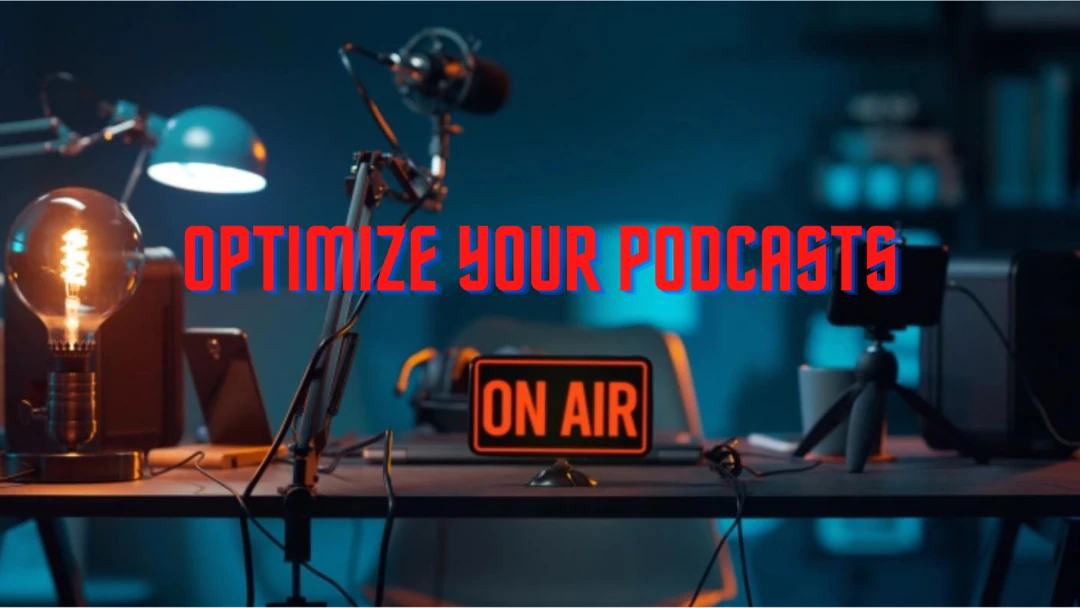There are a number of ways to optimize your podcast for search engines. These include the use of Metadata and Show notes, keyword research and tags. By following these tips, you’ll be well on your way to promoting your podcast. Hopefully, you’ll see an increase in listeners and sales as a result.
Metadata
Podcasters must learn how to properly optimize their podcast’s Metadata. This information tells search engines what your podcast is about. Well-constructed metadata helps people find your podcast easily and broaden its audience. However, poorly-written metadata can hurt your podcast’s approval and accessibility. It’s best to avoid putting the name of the creator or other personal information in the Metadata.
Metadata is information about information. It should describe the content and attract the listener’s attention. For example, your podcast title, authors’ name, episode number, and category are all important.

Show notes
To optimize your podcast, you need to create SEO-friendly show notes. This means including targeted keywords in them. This will increase the amount of traffic coming to your podcast. The more relevant the show notes are to the topic, the more people will find it. In addition, show notes are an expression of your brand. The more you customize them, the better.
Show notes should include the main takeaways and memorable quotes from the episode. They should also include a link to the full audio transcript, a related video, and subscribe to your newsletter. You can also include additional information about guests and complementary resources that are related to the topic.
Keyword research
If you’re interested in making your podcast more visible online, you should do some keyword research to help you find the best keywords and phrases for SEO for podcasts. Keywords are the words and phrases people type into Google to find content on the Internet. As a podcaster, your goal is to get your podcast on the first page of search results, so that people can discover your show.
Keywords for your podcast can include the episode title, episode description, show notes, and transcript. You can also include additional information related to the show, such as links to materials referenced in the show.
Tags
Adding tags to your podcast can make it more discoverable for people on search engines. This is particularly useful if you plan on covering a wide variety of topics. When adding tags, try to include both broad and specific tags. These help people find your podcast and find the information they are looking for.
Use relevant keywords in the title of your podcast. Choose a catchy title that will appeal to your target audience. Make sure you avoid using the same keyword more than once. Also, make sure you include a keyword that appeals to your audience in your episode descriptions. This way, people will be able to find your podcast quickly and easily.
Keywords are crucial for your podcast’s SEO. They help search engines determine how relevant your content is. Using keywords to optimize podcasts helps you come up with episode ideas.
RSS feed
If you want to optimize your podcast on Google, you should first make sure you have an RSS feed for your podcast. Make sure that the feed is XML-formatted, has one or two tags, and contains the full URL of your podcast homepage. This is important because Google crawls and indexes RSS feeds. Also, make sure your podcast’s title is informative and encourages relevant audiences to listen.
Creating an RSS feed for your podcast is one of the most important aspects of optimization. It not only makes your podcast more visible in search results, but it also makes it easier for others to subscribe to your show. If you have a WordPress site, you should be able to create an RSS feed manually. However, if you host your podcast on a separate domain, you should use a plugin such as PowerPress.
